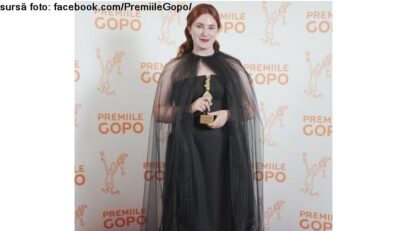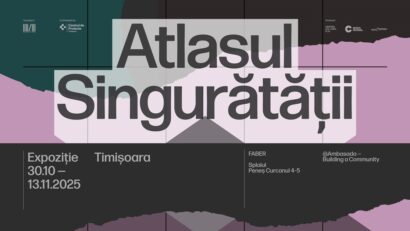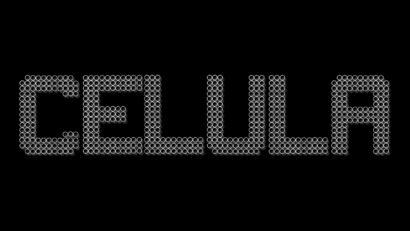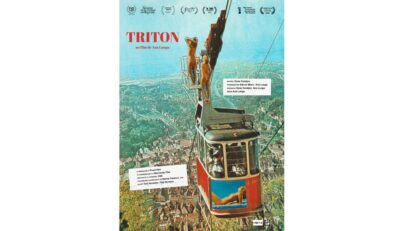The 2017 National Theatre Festival
The 27th edition of the National Theatre Festival was held under the motto Theatre Changes the World
Luana Pleşea, 18.11.2017, 14:00
The festival’s theme this year sparked a lively debate between the participants in the festival. We talked about the festival’s programme and how theatre can change the world with Mihai Măniuţiu and Radu Afrim, two directors who had the largest number of performances in the festival. A theatre director, writer and director of the National Theatre in Cluj-Napoca, Mihai Măniuţiu took part in the National Theatre Festival in this triple capacity. He launched a collection of prose and a volume of poems, while the theatre he leads staged two productions by two young directors: The Trial after Franz Kafka, directed by Mihaela Panainte, and Playlist, staged by Tudor Lucanu, which follows a Romanian-Hungarian family between 1989 and 2008. Mihai Măniuţiu is the director with most shows selected for this year’s edition of the National Theatre Festival: two performances staged in Bucharest, The Diary of Robinson Crusoe, after Gellu Naum, at the Odeon Theatre, and Winter by Jon Fosse, at the Nottara Theatre, as well as The Pirandello Cafe staged by the Queen Marie Theatre in Oradea, and Rambuku, by Jon Fosse, staged by the National Theatre in Timisoara. All these performances betray the director’s interest in what lies beyond the perceivable reality.
Mihai Măniuţiu: “I’m attracted to Jon Fosse because it allows me to enter a parallel universe and to look at the world through a mirror, which I can enter and come out on the other side. I don’t do realist theatre. I believe there’s no such thing as realism. I like to emphasise the unrealism of theatre. In my opinion, theatre is a meditation, a process of reflection, a way of entering parallel worlds, of going beyond the mirror and looking at reality from that perspective. This is, I think, what theatre does and this is what makes it important to people”.
As for the message “theatre changes the world”, Mihai Maniutiu prefers to say that theatre infuses people with energy: “Theatre gives me energy, an appetite for life. So it can change me, in the sense that it can rid me of depression, it is an act of exorcism, of catharsis. If my shows have this effect on the audience, then I’m happy. I’ve always said that the best theatre play is that which makes you feel more energetic at the end of it. So if a show infuses you with energy, then it was a good show. If you’ve spent all your energy watching the show, then it was a bad one.”
The selection made this year by the critic Marina Constantinescu also included three performances directed by Radu Afrim. Staged at the Targu Mures National Theatre by the Tompa Miklos Company, the performance The Retro Bird Hits the Building and Falls on the Hot Asphalt is a journey back into 1970s Romania written by Afrim himself, who was a child at the time. Another Afrim show in the festival, Job’s Butcher Shop by Fausto Paravidino, staged by the Vasile Alexandri Theatre in Iasi, speaks of love, religion and capitalism. His third performance, called If We Would Think out Loud, by Adnan Lugonic, staged by the Marin Sorescu Theatre in Craiova, speaks about the problems faced by people today.
We asked Radu Afrim if he believes that such performances can change the world “The audience, perhaps, a little bit. The Retro Bird is not meant to change mankind. It’s a nostalgic recollection of our childhood. The performance staged in Craiova, yes, it could open some minds. If We Would Think out Loud is about issues facing minority groups from various social categories. I went back to the margins, to the old people, those whom society sometimes fails to accept. I hope the audience empathises with them. It’s one of my ambitions, that of staging plays that open people’s minds. I can at least try to do that. Job’s Butcher Shop centres on a single family and the main problem is the banks. But you never know, every performance may contain something that triggers something in the audience. All my three shows articulate various problems, change something in people. I do believe that theatre can change the world.”
Radu Afrim came to the National Theatre Festival as a director, but also as a spectator. We asked him how he sees Romanian theatre today: “Half of it continues to be rooted in traditionalism. When it is properly done, it’s not bad. Though I don’t find it particularly challenging. There’s also a trend, coming more from independent theatre, to stage political and social plays. I’m happy they exist, but not all of them are to my taste. They are necessary, however. They are a welcome change. There’s also a new group of theatre makers emerging from Bucharest, but I don’t find their work too shocking and challenging. I only have to look at some photographs of these shows and I can immediately tell they won’t cause a revolution in theatre. I’ve never been interested in productions that cannot be described as an experiment or a revolution, or as taking theatre a few steps further.”

